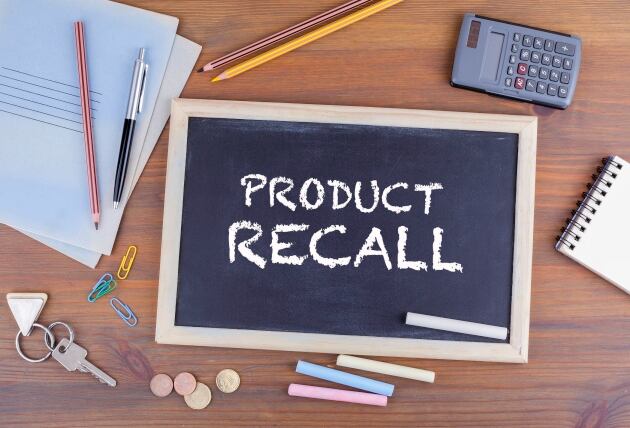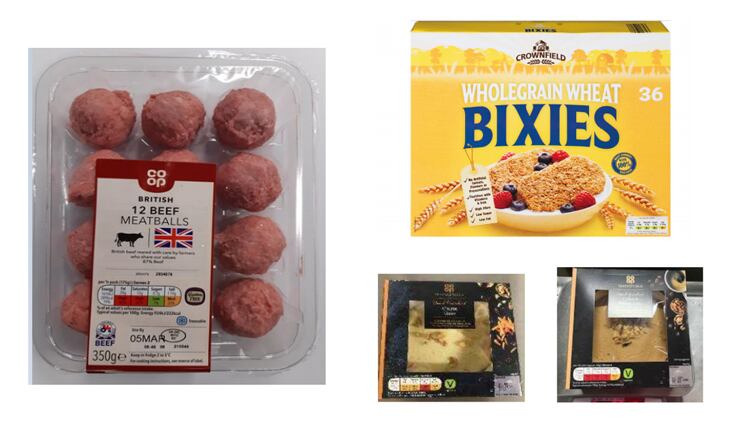The outbreak has been traced back to a contaminated buttermilk tank at the Ferrero plant in Arlon, Belgium in December 2021.
However, considering that the average time from production to retail is approximately 60 days, the first identified case in the UK on 21 December 2021 could not be explained by the contamination detected in the Belgian processing plant in December, the ECDC claimed.
‘Contamination happened earlier’
“This suggests that if the Belgian processing plant was the sole source of the infection, the contamination in the production line occurred earlier,” the health organisation said.
ECDC and EFSA experts have concluded that further investigations are needed at the production site to identify the root cause, timing, and possible factors behind the contamination, including the evaluation of the possibility of the wider use of contaminated raw material in other processing plants.
As of last week, 150 cases of salmonellosis (119 confirmed and 31 probable) have been reported in nine EU/EEA countries – Belgium, France, Germany, Ireland, Luxembourg, the Netherlands, Norway, Spain and Sweden – and the UK.
On alert
The ECDC has encouraged EU member states to be alert for new cases and for public health authorities to cooperate closely with food safety authorities in the countries affected.
On 8 April 2022, the food safety authority in Belgium performed official controls at the factory and withdrew the company’s authorisation for production. In addition, the company recalled all batches of products produced at the Arlon factory, regardless of their lot number or expiration date.
This included Kinder Surprise 20g and 20g x 3, Kinder Surprise 100g, Kinder Mini eggs 75g, Kinder Egg Hunt Kit 150g and Kinder Schokobons 200g.
A spokesman for Ferrero said: “Ferrero acknowledges there were internal inefficiencies, creating delays in retrieving and sharing information in a timely manner. This impacted the speed and effectiveness of the investigations. The plant will only re-open once certified by the authorities.”
However, because molecular typing is not routinely performed in all countries, cases may go undetected.





